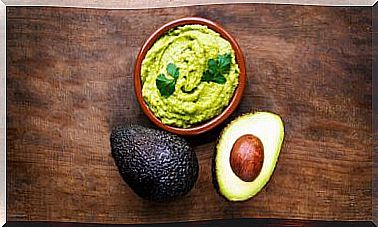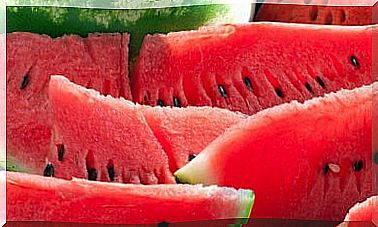8 Tips To Get Started In Healthy Food
In order to maintain a balanced weight and improve health, many people have made the decision to start healthy food. Although it is not easy to change your eating habits, following a few tips can help you achieve better nutrition.
It is true that not everyone has enough time to cook and make good food choices; However, by putting some strategies into practice, it is possible to break with those excuses that prevent you from eating healthier. Are you interested in knowing them?
First of all, you must be clear that discipline and will play a main role. Although you can feel the effects of a good diet from the first days, you will have to be constant with the efforts to experience significant and permanent changes.
Tips to start having a healthy meal
To start enjoying a healthy meal, it is not necessary to adopt low-calorie or overly restrictive plans. Rather, it is about learning to choose high-quality foods that can meet the body’s nutritional requirements without exceeding calories.
Similarly, it is important to identify those food products that are not so good and that can affect overweight. Here we share some tips that allow you to improve your diet without causing suffering. Take note!
1. Avoid processed foods

One of the impediments to maintaining a healthy meal is choosing processed, nutrient-poor foods. While these seem like a fast track to quench hunger, their preservative, fat, and sugar content make them harmful.
In fact, there is sufficient scientific evidence to affirm that the intake of these industrial foods is detrimental to health, increasing the risk of developing pathologies in the medium term.
Try to avoid options like:
- Bread and industrial bakery products.
- Stuffed and precooked meats.
- Packaged or fried snacks .
- Treats and sweets.
- Canned products.
- Fast food.
2. Eat good fats
In a healthy and balanced diet it is necessary to incorporate sources of fat; however, you should choose unsaturated fats over trans and saturated fats. The latter are usually present in products of animal origin and tend to raise cholesterol.
Instead, the unsaturated are in healthy foods such as avocado, nuts and fatty fish. The omega 3 acids they contain protect the cardiovascular system, according to research published in the Expert Review of Clinical Pharmacology . These options not only provide fewer calories, but also provide additional amino acids, trace elements and important vitamins.
3. Limit your intake of sugar and salt

Both refined sugar and salt are very common ingredients in the regular diet. Due to the flavor they add to food, for many they are essential when cooking. The downside is that in excess they are harmful and lead to overweight.
Sugar can cause metabolic disorders that lead to diabetes. For its part, salt causes fluid retention and increases the risk of hypertension, circulatory problems and inflammatory diseases.
4. Increase the consumption of fruits and vegetables
The best allies for making a healthy meal are fruits and vegetables. These ingredients are low in calories and represent an important source of essential nutrients. In addition, they calm hunger and help maintain active defenses.
5. Choose whole grains

Whole grains are recommended as a main source of energy for the body. These foods are staples in the food pyramid and can be included in any diet.
They also stand out for their contribution of dietary fiber, a key nutrient for digestive and heart health. Some healthy options include rolled oats, rye, wheat germ, and corn flakes. The fiber provided by oats, for example, is capable of positively modulating the intestinal microbiota, as stated in an article published in The Journal of Nutritional Biochemistry . This reduces systemic inflammation and traffic problems.
6. Eat five meals a day
Although until a few years ago it was recommended to only eat three main meals, currently five are suggested. This not only reduces the anxiety to eat, but also keeps the metabolism active and helps to achieve a better energy expenditure.
However, it is possible to propose an intermittent fasting protocol and that this brings benefits at the health level. But before starting a program of this type, it is advisable to visit a nutritionist.
7. Cook at home

Planning menus in advance makes it easy to cook at home so you can maintain a healthy meal. One of the obstacles to following a balanced and healthy diet is eating “anything” because you don’t spend a few minutes in the kitchen.
8. Increase water consumption
Water does not contain calories and is the best drink to supplement your diet. Its daily intake helps detoxify the body and promotes the digestion process. It also improves kidney function and helps to achieve a balance of fluids and mineral salts.
Put healthy food into practice to improve health
Are you ready to get started in healthy food? Do not rush! Try to make gradual changes so that eating healthy is not torture. Of course, if you are overweight or have a special disease, consult your doctor to adapt the diet to your case.









